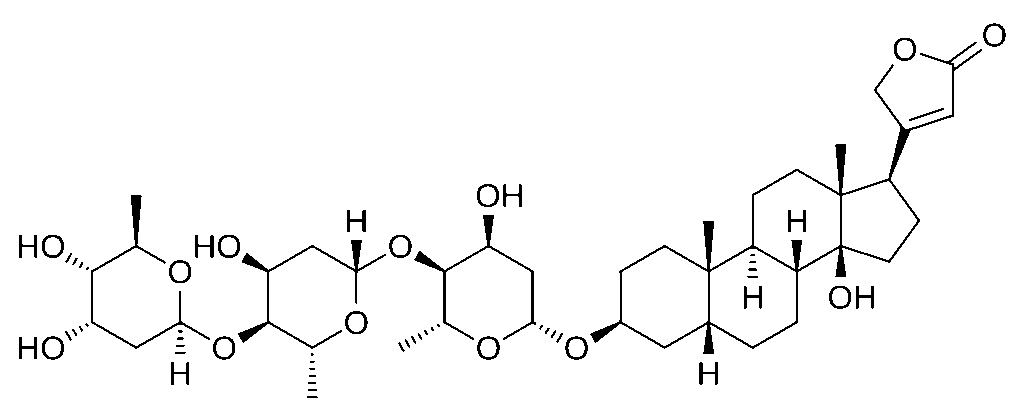Could an old drug be finding a new role in modern heart failure treatment? That’s the big question after the DIGIT-HF trial, presented at the ESC Congress in Madrid and published in The New England Journal of Medicine in August 2025.
The trial in a nutshell
If you’ve been around cardiology for a while, you’ll remember the original DIG trial over 20 years ago. Now, DIGIT-HF has brought digitoxin (a less commonly used cardiac glycoside and close cousin of digoxin) back into the spotlight.
Why digitoxin? It works similarly to digoxin but is mainly eliminated via the liver (enterohepatic circulation). That means its levels remain more stable, even in patients with kidney impairment.
Who was studied? 1,212 patients with HFrEF. They had either an LVEF ≤40% with severe symptoms (NYHA III–IV) or an LVEF ≤30% with moderate symptoms (NYHA II).
What treatment? All were on standard, guideline-directed heart failure therapy. Patients were randomised 1:1 to digitoxin or placebo.
The median follow-up was three years.
The results
Primary outcome (death or hospitalisation for worsening HF): Improved with digitoxin. 39.5% in the digitoxin group vs. 44.1% with placebo (HR 0.82, p=0.03).
There was no excess risk of all-cause mortality. Death rates were similar: 27.2% on digitoxin vs 29.5% on placebo (non-inferior).
Adverse events: More in the digitoxin arm (4.7% vs 2.8%), mostly cardiac-related.
Subgroup analyses were interesting: digitoxin seemed particularly beneficial in women and patients with renal impairment.
Why this matters?
The findings echo earlier post-hoc analyses from the original DIG trial, which suggested that lower serum levels of digoxin were beneficial, while higher levels increased risks. Digitoxin, with its steadier pharmacokinetics, may avoid some of those pitfalls.
Overall, DIGIT-HF supports digitoxin as an adjunct to standard therapy, especially in patients with very reduced EF and severe symptoms. The authors stress, however, that these results can’t simply be applied to digoxin, though the ongoing DECISION trial may soon clarify digoxin’s role in chronic HF.
What this means for UK health professionals
For now, digitoxin isn’t routinely used or licensed for heart failure in the UK digoxin remains the go-to cardiac glycoside. These results won’t change practice overnight, but the trial raises some important points for clinicians:
Digitoxin could offer an option for patients with advanced HFrEF, particularly those with renal impairment. Regulatory and guideline bodies (NICE, MHRA) will need to review the evidence before any change in UK prescribing.
Next steps: Consideration of cost-effectiveness, safety data, and whether digitoxin becomes available in the UK for this indication.
For now, it’s ‘watch this space’, but digitoxin may well re-emerge as a useful tool in the heart failure toolkit.
Want to find out more? Read the full DIGIT-HF and DIG trials here:
https://www.nejm.org/doi/abs/10.1056/NEJMoa2415471
https://www.nejm.org/doi/full/10.1056/NEJM199702203360801






